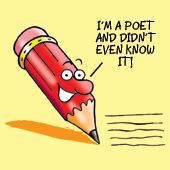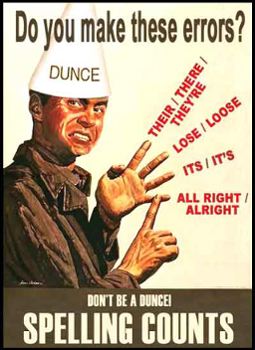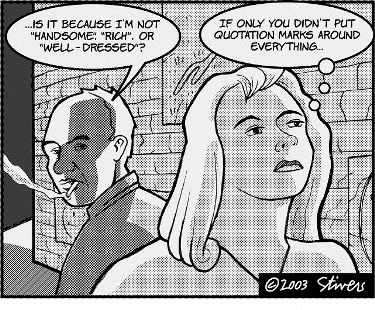Carbo Loading The Muse
This past weekend, I competed in round two of the NYCMidnight Flash Fiction Challenge.
It goes like this: They give you a genre, a location and an object. You get 48 hours to write a one thousand word story incorporating all of that.
I *love* participating in this contest. It is my third year and it challenges me and stretches me and causes me to come at my writing from different angles.
Until this contest I’d never written anything that could be remotely labeled science fiction, fantasy or historical fiction. But guess what, I’ve done them all, and in the case of historical fiction, twice.
My first jab at historical fiction was a well researched story about Babe Ruth. It remains one of my most favored stories of all that I’ve written.
It scored very low with the judges, however.
This weekend I pondered all the angles of a comedy set in a tunnel with a gold watch. (A little bit like Clue…Colonel Mustard in the library with a candlestick.)
As I threw around story ideas, I got the brilliant Good Man involved in brainstorming. He looks at the world in a way very different from me and is a good source of inspiration. While brainstomring, he uttered one of those pearls of wisdom that will stay with me all my days as a writer.
The conversation went like this:
Me: “What’s funny about a tunnel? Is there a tunnel that could be funny? What about a sewer? Is that funny?”
TGM: “Well, anything with poop in it has potential.”
There it is, folks. Write that down. Embroider that on a dish towel. Just remember you heard it here first!
But he’s right. Bodily functions are usually funny. Except when they are not.
I chose to avoid a sewer tunnel for my story, choosing something a bit more metaphysical instead.
All of this yammering on is to say, my brain is exhausted. My Muse is weary. She gave it her all for forty-eight hours and informed me this morning that she didn’t *feel* like coming up with a brilliant blog post idea today.
So instead, I chose to follow well-heeded wisdom when it comes to writer’s block…
Write through it.
So here I am, writing through the block. Suddenly words are forming into paragraphs and the page is filling up. It’s not brilliant words of prose, but it’s working.
And here I am at about 400 words. Plenty enough for a blog post! So ok! I did it!
The Muse didn’t even have to work that hard.
Though I think if I hope to get another blog post tomorrow, I’d better treat her to some baked goods. She does tend to run better on sweets.




